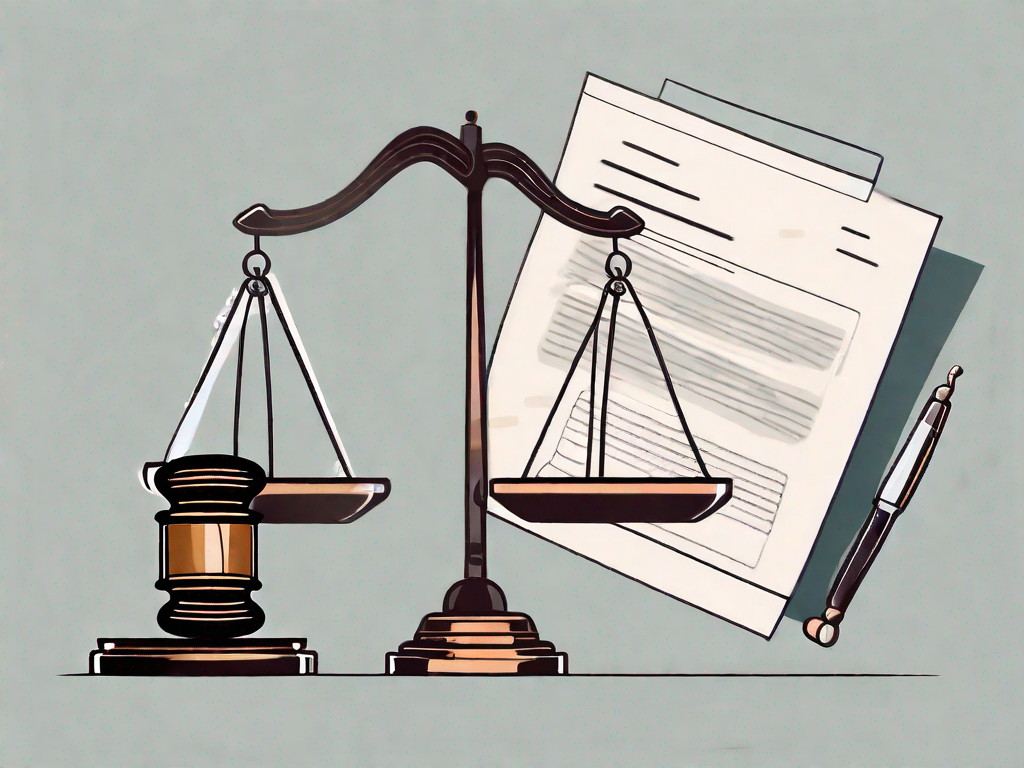In Arbitration Agreements: Any “Differences” Include Disputes Over Quantum of Loss or Damage
SC Rejects Separate Cause of Action Based on Correspondence Over Damages

In a recent decision, the Supreme Court dismissed an appeal which argued that a separate contract had emerged from correspondence between parties which is independent of the arbitration agreement in their original fire insurance policy.
This case, which originated in the Commercial High Court, revolved around whether a separate cause of action could be established despite an existing arbitration agreement in the main contract.
The dispute began when Peiris, representing M/S Peiris Press, sought compensation from SLIC for damages to printing machinery caused by a fire at his business premises in Minuwangoda. The initial insurance policy, entered into on September 18, 2007, included an arbitration agreement stipulating that any differences regarding the amount of loss or damage should be resolved through arbitration.
After the fire, SLIC offered Peiris a sum of Rs. 8,195,162 as full settlement through a letter marked ‘P1’ on March 18, 2008. However, on April 21, 2008, SLIC withdrew this offer in a subsequent letter, ‘P2’, citing an overestimation of the damaged machinery’s value and alleging a breach of utmost good faith.
Peiris subsequently filed a lawsuit in the Commercial High Court on February 22, 2010, seeking a declaration for the payment of the previously offered amount, along with additional damages. However, SLIC objected, invoking the arbitration clause in the fire insurance policy, which they argued deprived the court of jurisdiction over the matter.
The Commercial High Court agreed with SLIC, ruling that the arbitration agreement in the insurance policy governed the dispute, and therefore, the court lacked jurisdiction. Peiris appealed this decision, arguing that the letters ‘P1’ and ‘P2’ constituted a separate contract, independent of the arbitration agreement.
“……Even the New York Convention, which the Arbitration Act, No. 11 of 1995 seeks to implement, uses the phrase “any differences” in the broadest sense to signify a dispute between the parties. In this context, any “difference” regarding the quantum of loss or damage in the relevant arbitration clause should indeed refer to any dispute that has arisen between the parties concerning the quantum of loss or damage. It is axiomatic that in interpreting the provisions of the Arbitration Act, this Court has to bear in mind the obligation cast on Sri Lanka to interpret it in consonance with the New York convention.” – Justice A.H.M.D.Nawaz
“liability not automatic upon non-response to a letter of demand”
“….. a non-response to a letter of demand, by itself, does not necessarily give rise to an inference of implied acknowledgment of liability. When the rejection of a claim has been explained with reasons in a prior correspondence, remaining silent in response to a subsequent letter of demand cannot automatically be interpreted as an admission of liability. Therefore, the inference of liability is not automatic upon a non-response to a letter of demand….” – Justice A.H.M.D.Nawaz
CASE NO: SC/ CHC / APPEAL / 56 / 2014
BEFORE : Vijith Malalgoda, PC. J A.H.M.D. Nawaz, J Shiran Gooneratne, J






